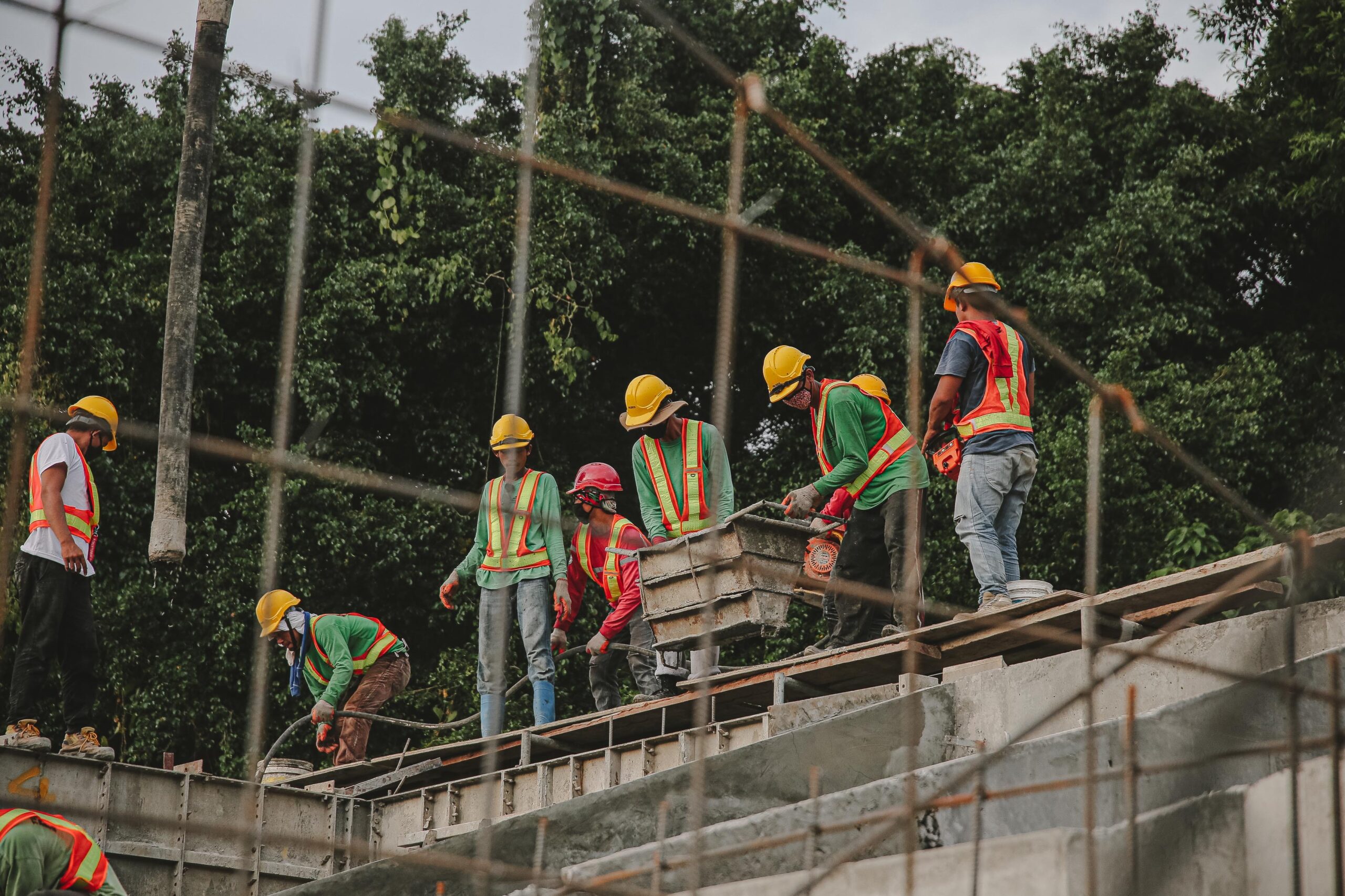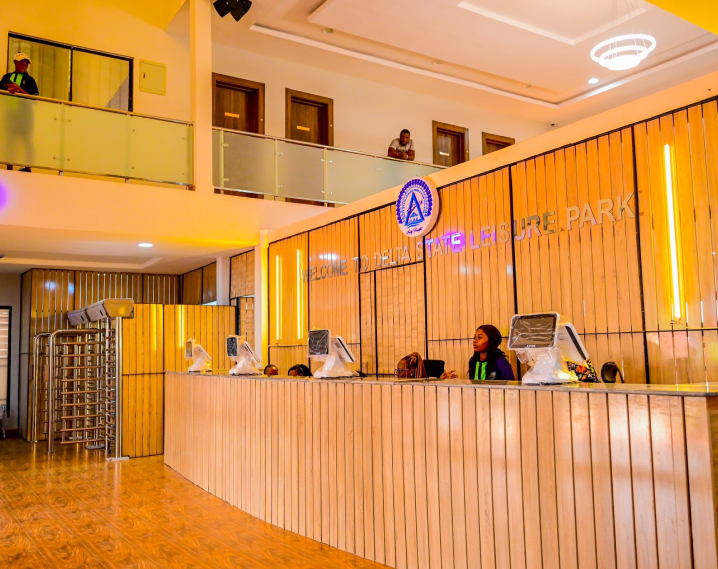Adapting Design during Construction: As construction projects progress, changes and modifications are almost inevitable. These changes can be a result of unforeseen challenges, client preferences, or updated regulations. The ability to handle such changes efficiently is crucial to ensuring a successful project.
Adapting Design during Construction
So, how do we navigate through these adjustments while maintaining the project’s integrity and meeting the client’s expectations?
The Nature of Changes in Construction Projects
In the construction world, change is the only constant thing. No matter how meticulously a project is planned, unforeseen circumstances can arise at any stage. It could be a structural issue uncovered during excavation, a client requesting modifications to the original plan, or even changes in regulatory requirements midway through the project.
Understanding the need for changes is vital. Rather than viewing them as disruptions, consider them as opportunities for improvement and growth. By embracing changes, you can ensure the project evolves to meet its intended purpose and exceed expectations.
The Role of Flexibility in Construction
Flexibility is the backbone of any construction project. Being able to adapt to changes is crucial throughout every stage of construction, starting from the initial design phase up until the final construction. Incorporating flexibility into the project’s planning and execution allows for a smoother transition when adjustments are necessary.
A project team that embraces adaptability can respond effectively to changes while maintaining productivity and minimizing delays. This proactive approach fosters an environment where collaboration and problem-solving thrive, ensuring that any modifications are well-integrated into the overall project.
Challenges of Adapting Design during Construction

While adapting design during construction is essential, it comes with challenges. Some of the common challenges include:
Time Constraints: Changes can sometimes lead to delays, especially if they require extensive redesign and reevaluation.
Cost Implications: Modifications can have cost implications, thus impacting the project budget.
Communication and Coordination: Effective communication among the project team, stakeholders, and contractors is essential to implement changes smoothly. Miscommunication or lack of coordination can lead to confusion and errors.
Strategies for Dealing with Changes and Modifications
Regular Project Meetings
To manage changes effectively, schedule regular project meetings involving all key stakeholders. These meetings provide a platform to discuss potential modifications, assess their impact, and make informed decisions collectively.
Collaboration and Open Dialogue
Foster a culture of collaboration and open dialogue among team members. Encourage input from various disciplines, including architects, engineers, and contractors, to gain diverse perspectives on proposed changes.
Conducting Impact Assessments
Before implementing any modifications, conduct a thorough impact assessment. Analyze the implications on the project timeline, budget, and overall functionality. This will help make well-informed decisions.
Leveraging Technology
Utilize construction management software and Building Information Modeling (BIM) to visualize and simulate changes before their actual implementation. This can prevent potential conflicts and facilitate smoother adjustments.
Flexibility in Contracts
When drafting contracts, incorporate provisions for potential changes and modifications. This ensures that all parties are aware of the possibility of adjustments and are prepared to handle them in a structured manner.
Benefits of Efficiently Adapting Design during Construction
Client Satisfaction
You demonstrate responsiveness to the client’s needs and preferences by accommodating changes and modifications. This enhances client satisfaction and increases the likelihood of future collaborations and referrals.
Minimized Disruptions
Efficiently managing changes minimizes disruptions to the construction process. This helps in maintaining productivity, keeping the project on schedule, and meeting deadlines.
Budget Control
Proactively addressing changes can help control costs. By evaluating the financial implications early on, you can make informed decisions to keep the project within budget.
Continuous Improvement
Embracing changes allows the project team to learn and grow continuously. Each modification becomes an opportunity to improve processes and refine project execution.
Adapting design during construction is an essential aspect of any successful construction project. Remember, construction is an ever-evolving process, and adapting and responding effectively to changes sets exceptional projects apart. So, the next time you encounter modifications, embrace them as opportunities to create something even better than before.
Contemporary Group Limited

Contemporary Group Limited is a top-rated construction company that delivers your dream structures into reality. We are top professionals who dedicate experience, expertise, and top quality surveys to giving you the best. We are specialists in all forms of construction services. If you have been looking for that construction company that needs to birth your vision and dream, here we are. Contact us to make your dream structure come true.